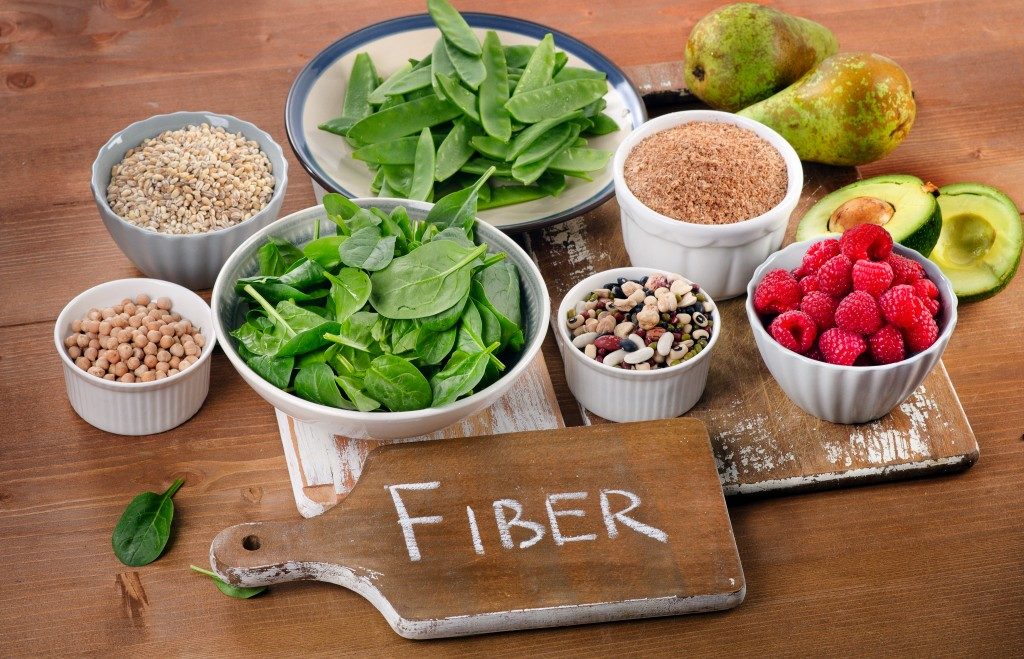With healthy living becoming a bigger trend nowadays, more and more people are being conscious of what they eat.
When it comes to choosing organic food, however, some people still think that eating organic is just a fad that is likely to fade away in time. But organic food has a lot of benefits, not only for your health, but for the local economy and the environment, as well.
Here are some of the reasons you should choose organic food.
Richer in nutrients and antioxidants
Due to their nutritional value, organic foods are viewed as medicine in naturopathic nutrition.
In a six-year study published in the Journal of Agricultural and Food Chemistry, researchers found that onions grown through organic farming contained around 20% more antioxidants than conventionally grown onions. There are also a number of other studies indicating that organic fruits and vegetables contain higher amounts of nutrients, including chromium, magnesium, calcium, iron and Vitamin C.
Meat and milk that come from organic farms are more nutritious, as well. In a 2016 study conducted by scientists from different European countries, it was found that organic meat and milk contains 50% more omega-3 fatty acids. Organic meat has lower concentrations of saturated fats that increase the risk of cardiovascular disease, and organic milk contains more linoleic acid, iron and vitamin E.
Fresher food
Most conventionally produced foods contain preservatives to make it last longer. Traditional produce travels a long way from the farm to the dining table, so it has to be picked while still unripe and gas it for ripening after transport.
On the other hand, organic food does not contain any preservatives and is harvested only when ripe. Organic food is grown on smaller farms, which are often near where the produce is sold. So, you are guaranteed to get fresh food that is full of flavour whenever you choose organic.

Better for the environment
Traditional farming uses pesticides, which are harmful to the environment. The pesticides used on non-organically grown plants run off with water and pollute both natural and man-made water sources. The contamination is dangerous for marine life. And even though it goes through several stages of filtering before getting to us, contaminated water can still be harmful for us who drink it or use it on our plants.
Aside from reducing pollution, organic farming practices also limit the risk of soil erosion, conserve water, boost soil fertility and takes less energy to perform, making organic farming an extremely sustainable practice.
Helping your local economy
Organic food can easily be found at farmer’s markets. When you buy organic produce from your local farmer’s market, you are getting food that was grown close to home and by members of your local community.
The money you purchased your food with stays within the community. Unlike buying produce from the supermarket, where part of the price you pay for the product goes to marketing and distribution, your money goes directly to the farmer, helping them ensure that their small business thrives.
Switching to a healthier lifestyle starts with eating healthier foods. But when you choose to switch to organic food, you are doing much more than improving your own health and wellness. You are also improving the lives of those around you and helping the world move towards a safer, greener future.

